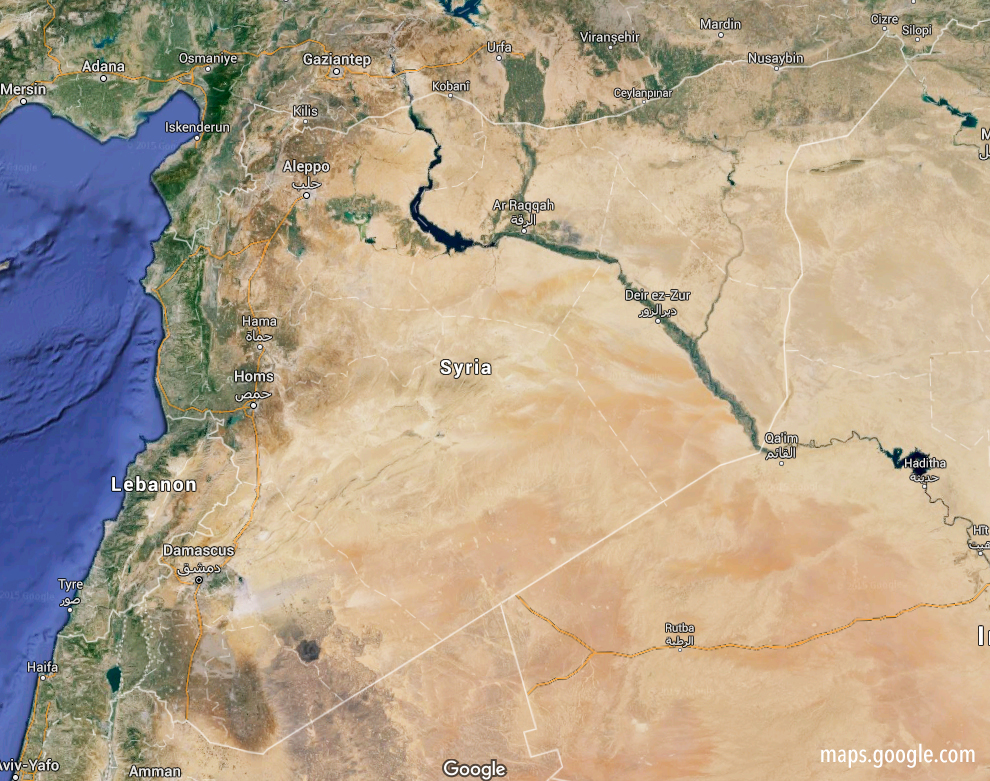by Rhiti Chatterjee
When I moved to the USA, I knew that to pursue a career in dentistry, I would have to overcome many obstacles and jump through several hoops. But my passion to continue working as a dentist didn’t let me back down from accepting this challenge. Hence, I set forth on a journey to dental school with an open mind and welcomed whatever opportunity that came my way.
Volunteering with fellow SDM students
Clearing the National Boards demanded discipline and hard work. But what challenged me more was the phase which followed. I was looking fervently for a chance to venture into the dental healthcare ecosystem. In my search for that opportunity, I must have made several hundred phone calls, written scores of mails and gotten turned away by many. But a chance phone call to the Community Health Systems was the turning point of my life as a dental care provider in this country.
The dental clinic at the Community Health Systems in Beloit, Wisconsin was set to start their annual outreach dental health program called Seal-A-Smile, and they were looking for a volunteer. Despite having limited know-how of how public health care programs function, I jumped at the offer and reported to their office the very next day.
Seal-a-Smile (SAS) is a program which enables a team of dental professionals to provide preventive dental care to school-going children in the semi-urban and rural areas of Wisconsin. The team is comprised of dental hygienists, assistants and a program coordinator, who travel to various schools in and around Beloit. They examine patients in make-shift dental set-ups, apply fluoride varnishes and also place sealants.
During my time there, I helped them organize their documentation, collect data when out at the schools and helped take care of the children who were enrolled in the program. Slowly but surely, I created a place for myself on the team and soon found that the team was beginning to count on me. Accompanying the team to the schools gave me valuable insights about the disparity in the accessibility of dental services for the rural and semi-urban communities in Wisconsin. Sometimes these outreach programs were the only dental care available to them. I witnessed the hard work the Seal-a-Smile team was putting in, in order to improve the oral health status amongst children and adolescents. Going out to the schools, I obtained some profound understanding about how the education and the health care systems came together to ensure children had the wholesome development they deserved, irrespective of the socio-economic background they came from and how important it is to play a part in that.
The program gave me the perfect platform to learn about how a State funded public health program operated and changed my perception about community dentistry and its nuances.
It also helped me integrate into my community as I was beginning to bridge the cultural gap. I met many wonderful people from diverse backgrounds in a very short span of time. Some became great friends who opened up their homes and hearts to welcome me. The warmth of the community was growing on me and the feeling of being an outsider was slowly fading away. The charm of the Midwest was beginning to leave an impression on me. This was a time of immense personal growth for me and helped me set my goals as a future dentist, to be able to return to the community and give something. There are so many public health projects waiting to hit the ground and so many policies that need to be executed. One day I hope to be able to take the reins of one of these projects in my hands and experience the change firsthand.
With the hope to make a difference and touch many lives during my time in school, I began to actively participate in various volunteering opportunities and have been elected to become a board member in organizations like ASDA and Student National Dental Association (SNDA). I would like to take this opportunity to reach out to my fellow students and pre-dental students and urge them to become active participants in community service and become leaders of change during these times of turmoil.
About the Author
Rhiti Chatterjee is an ISP student from India where she graduated as a dentist and went on to obtain a Masters in Oral Medicine and Radiology. Following her tryst in a teaching hospital, she entered private practice and worked as an associate General Dentist at a multi-specialty dental clinic for 2 years.
.
She is passionate about traveling to new countries and learning about new cultures. Soon after she graduated with her Masters, she travelled to Australia, Bali, and the United Kingdom. She hopes after she completes dental school, she can follow her passion and resume jet setting around the USA and other countries.
She is trying to return to her old ways of being a bibliophile, but now she can only afford to read textbooks. She loses self-control at stationary outlets and likes to explore painting with and on different media like paper, wine bottles and yoghurt jars. Art helps her calm her nerves, and playing with colors gives her exhilaration.
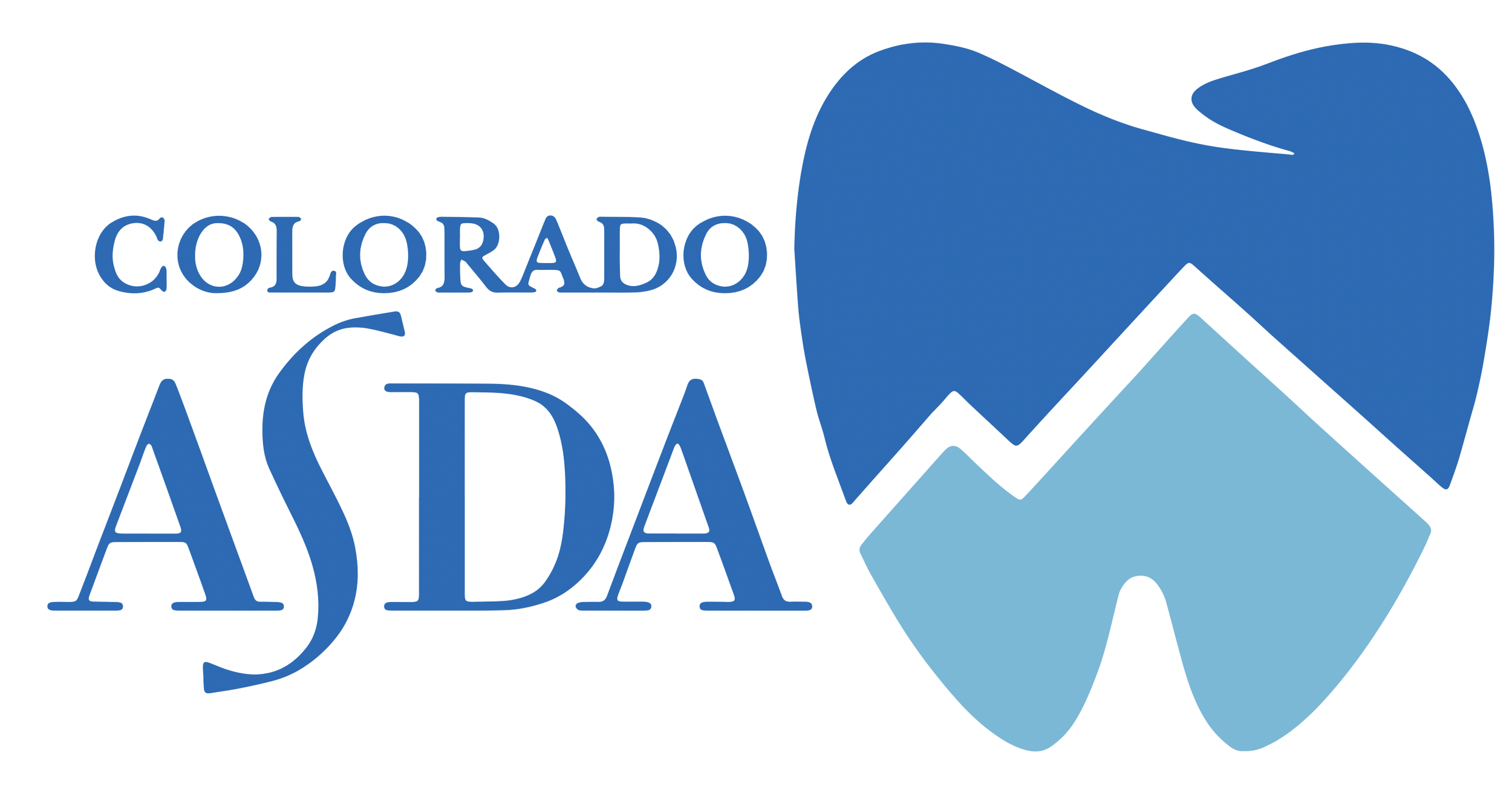







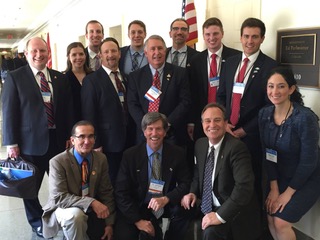



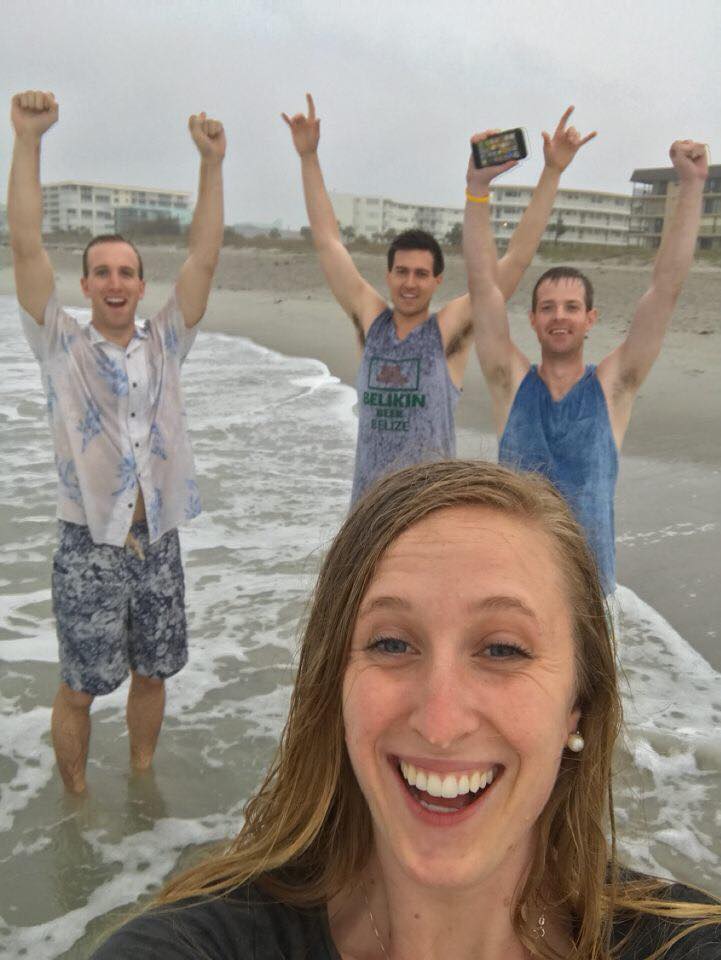

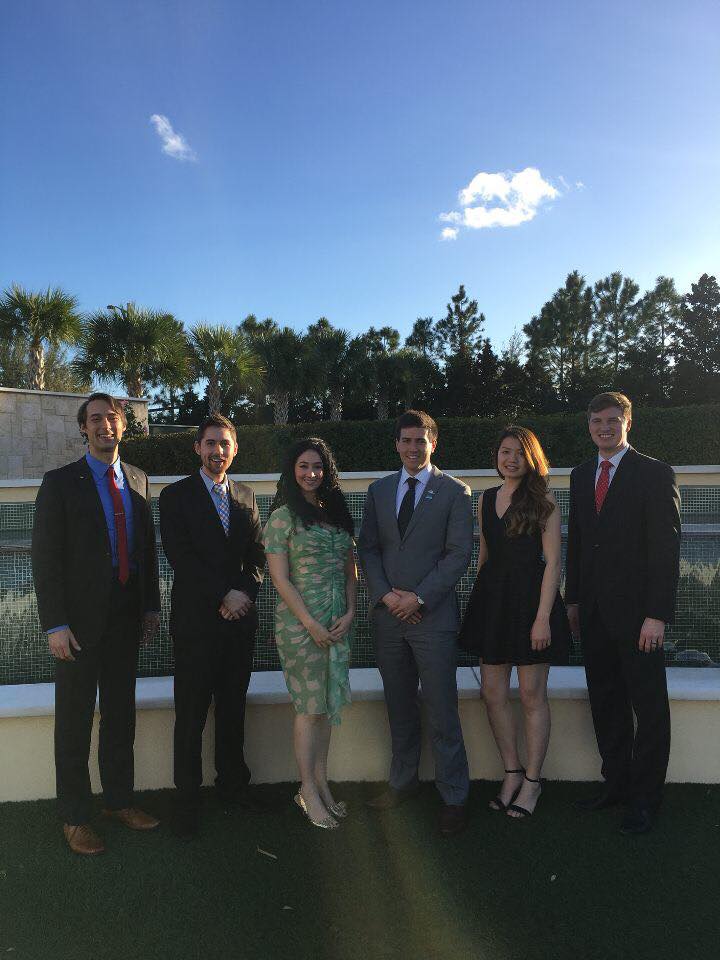
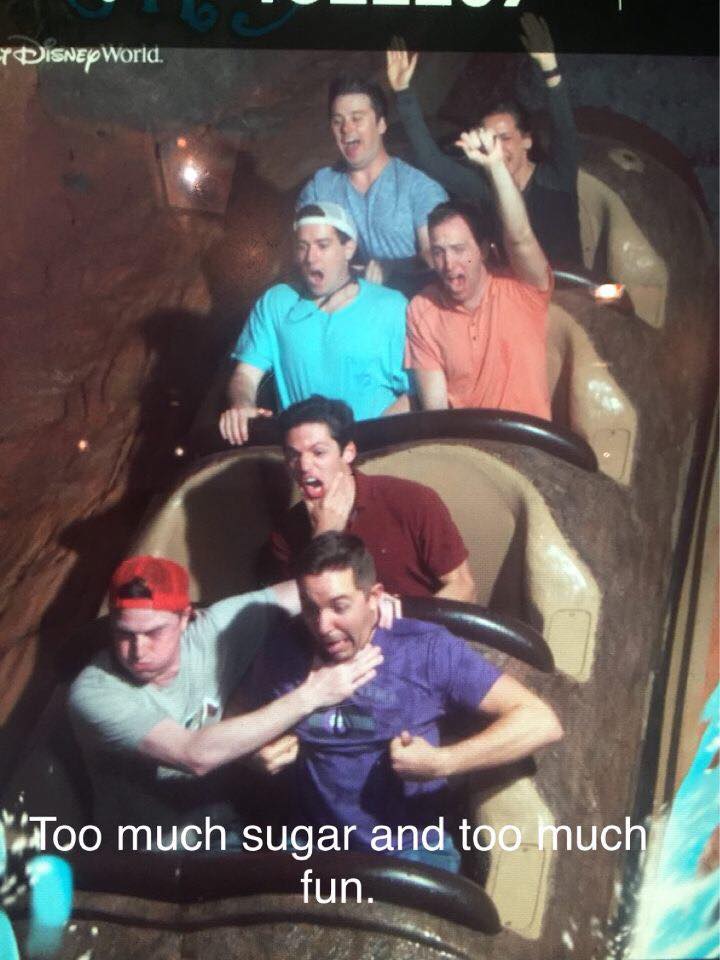




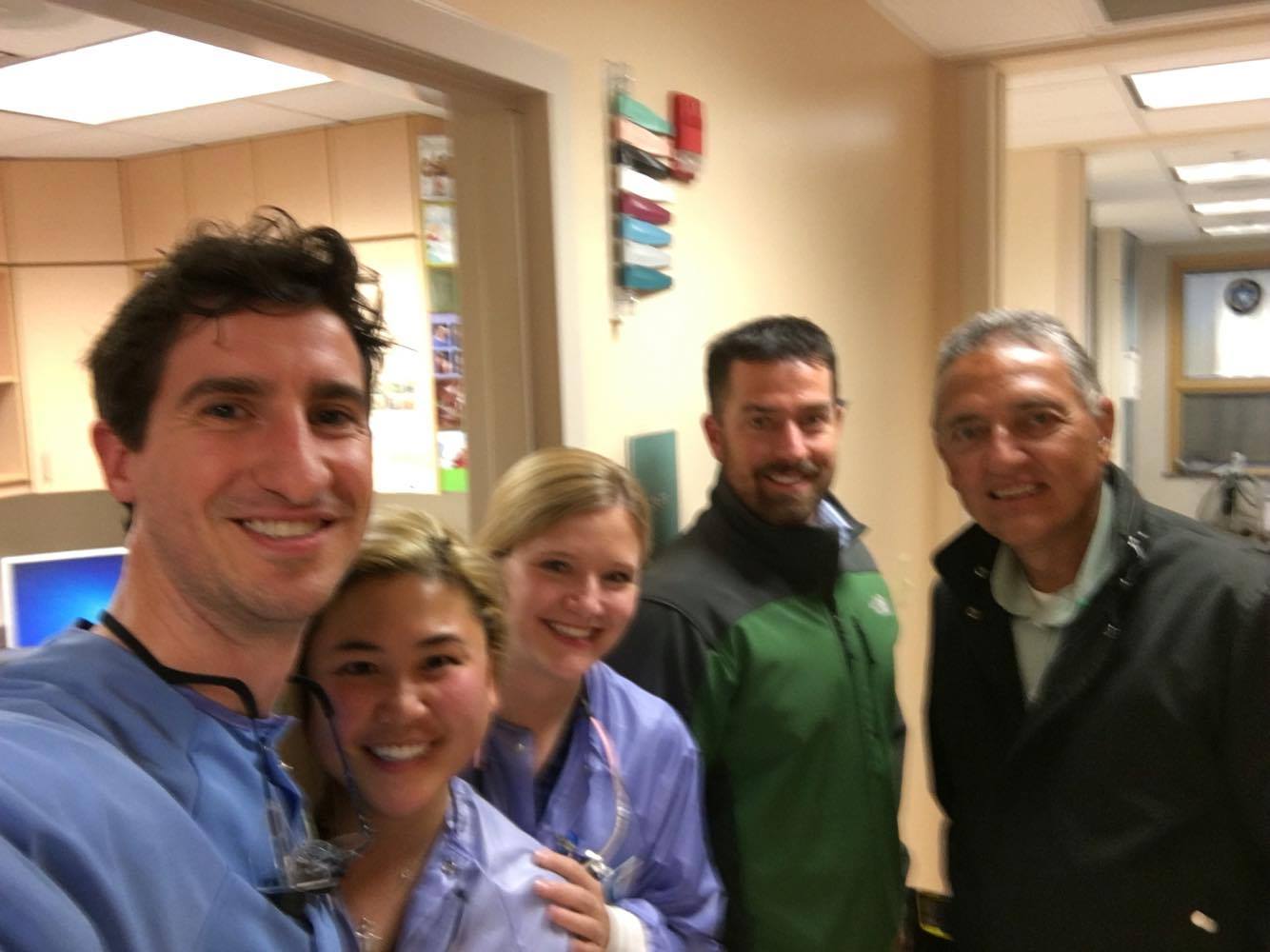
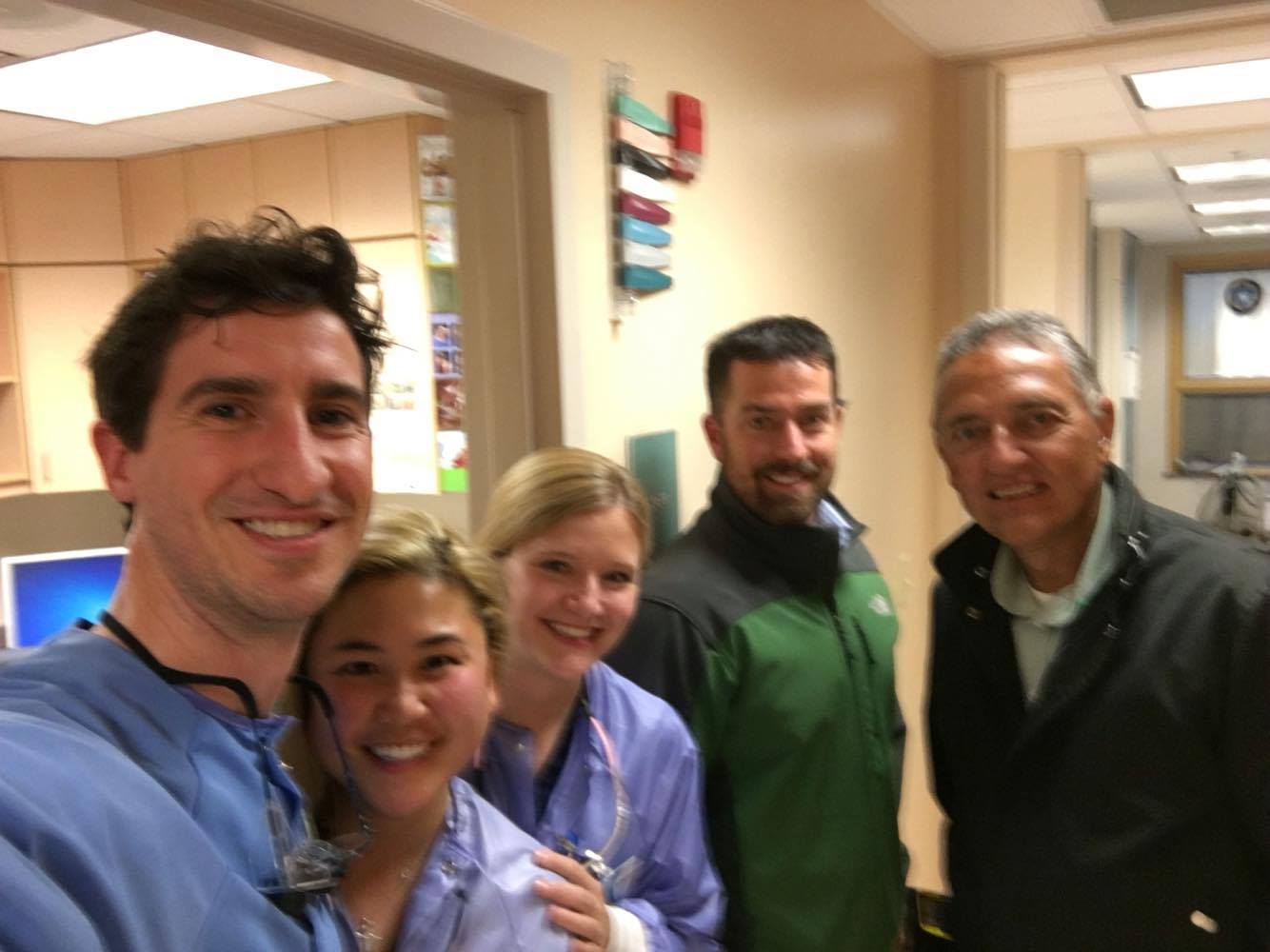



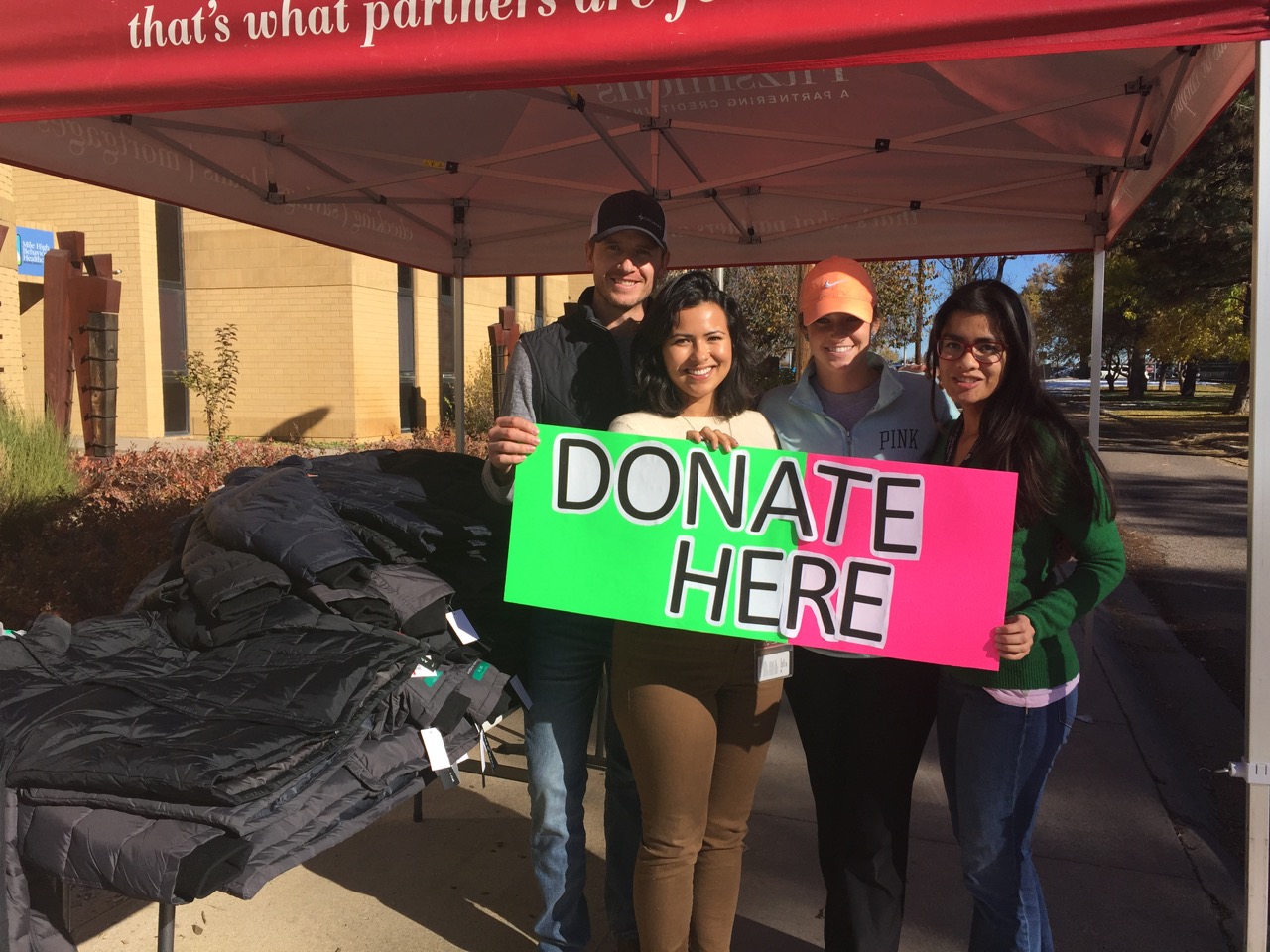 Over the past year, ASDA has had increasing involvement with the Comitis Shelter, a shelter near campus that houses individuals and families. Since beginning our involvement with the shelter, I’ve been surprised to learn more about the causes of homelessness and the statistics of those that are affected. For example, did you know there are over 14,000 homeless children in Colorado? As the holidays approach, giving back to our local community becomes increasingly important and your help can truly make a difference for a family in need.
One of the most crucial steps to helping is to become educated about individuals experiencing homelessness and to deconstruct misperceptions. During our first time volunteering at Comitis, I met a veteran currently undergoing chemotherapy at the Anschutz campus. Because of the intensive treatment, he’s unable to work and is residing at the shelter with his two young daughters. This gentleman, among others, represents one of the real reasons that a majority of these individuals are homeless. Sickness happens. Job loss happens. Death happens. Divorce happens. Sometimes people experience tough times.
Over the past year, ASDA has had increasing involvement with the Comitis Shelter, a shelter near campus that houses individuals and families. Since beginning our involvement with the shelter, I’ve been surprised to learn more about the causes of homelessness and the statistics of those that are affected. For example, did you know there are over 14,000 homeless children in Colorado? As the holidays approach, giving back to our local community becomes increasingly important and your help can truly make a difference for a family in need.
One of the most crucial steps to helping is to become educated about individuals experiencing homelessness and to deconstruct misperceptions. During our first time volunteering at Comitis, I met a veteran currently undergoing chemotherapy at the Anschutz campus. Because of the intensive treatment, he’s unable to work and is residing at the shelter with his two young daughters. This gentleman, among others, represents one of the real reasons that a majority of these individuals are homeless. Sickness happens. Job loss happens. Death happens. Divorce happens. Sometimes people experience tough times.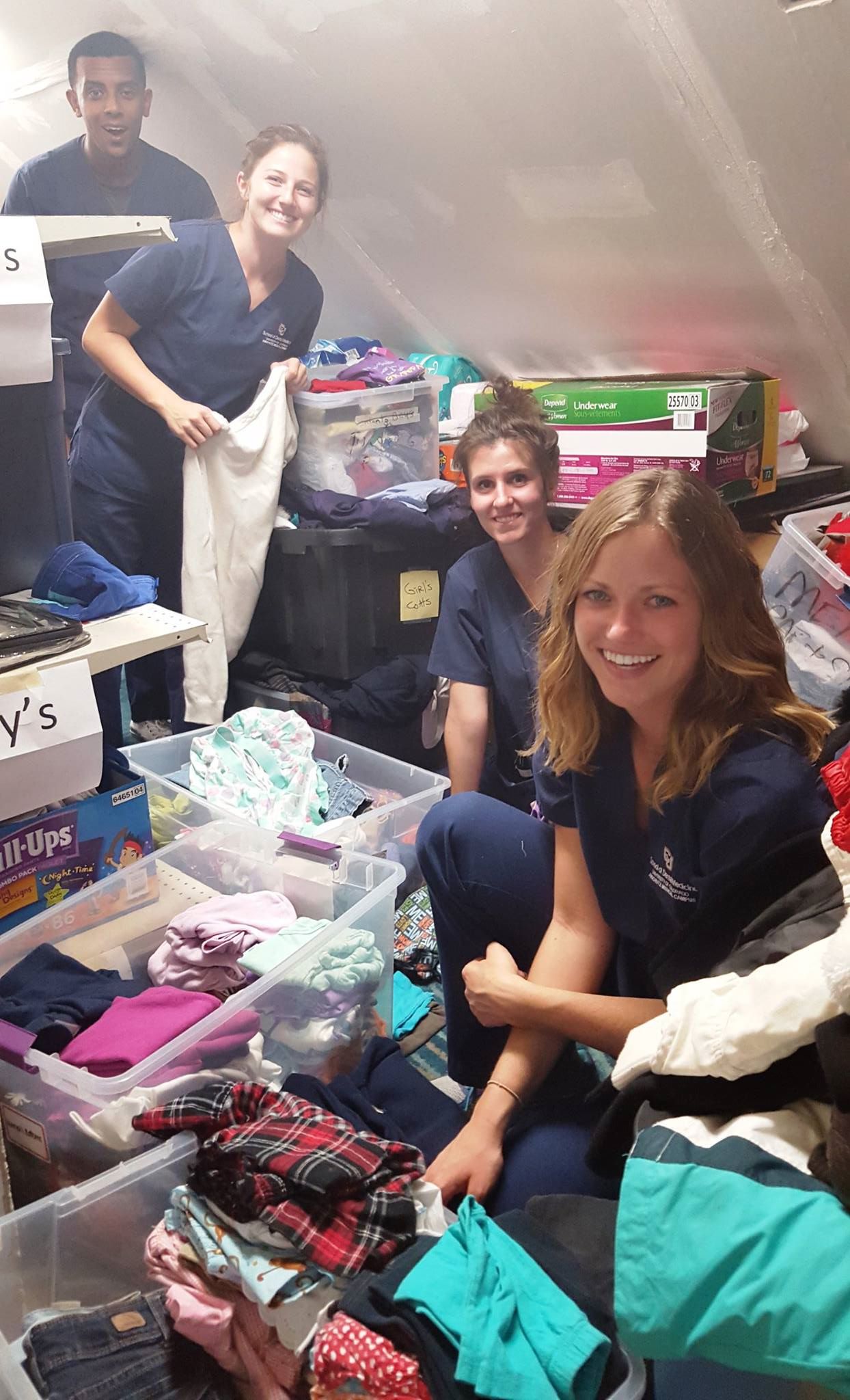 This year, I’ve been fortunate to work alongside so many good hearted and compassionate individuals dedicated to making a positive difference in our community. During our school wide warm clothing donation drive for our local shelter, hundreds of students and faculty donated warm clothing and helped spread the word to local organizations. The DS1 students even raised enough money to purchase nearly 30 coats for the shelter! Colorado winters are rough and it was great to see so many students work together to help keep people warm this winter.
This year, I’ve been fortunate to work alongside so many good hearted and compassionate individuals dedicated to making a positive difference in our community. During our school wide warm clothing donation drive for our local shelter, hundreds of students and faculty donated warm clothing and helped spread the word to local organizations. The DS1 students even raised enough money to purchase nearly 30 coats for the shelter! Colorado winters are rough and it was great to see so many students work together to help keep people warm this winter.
